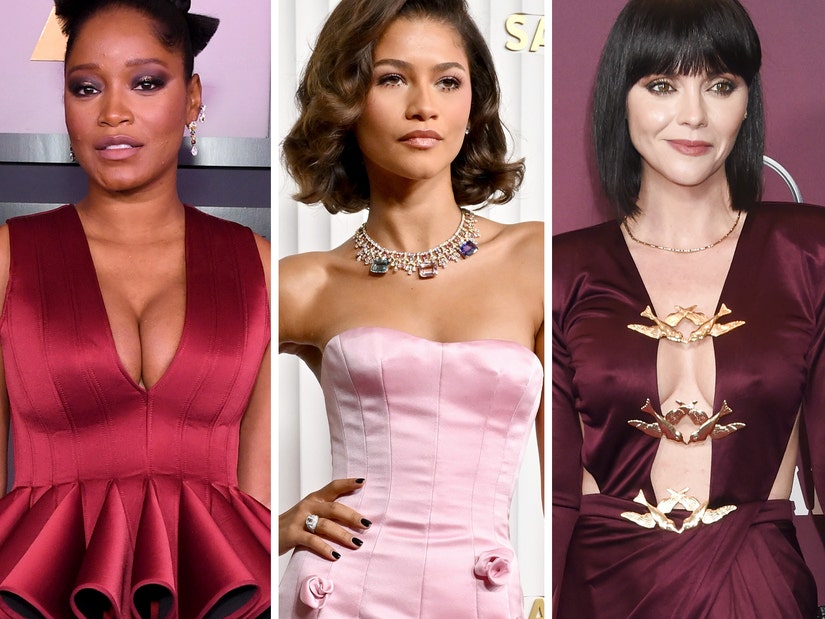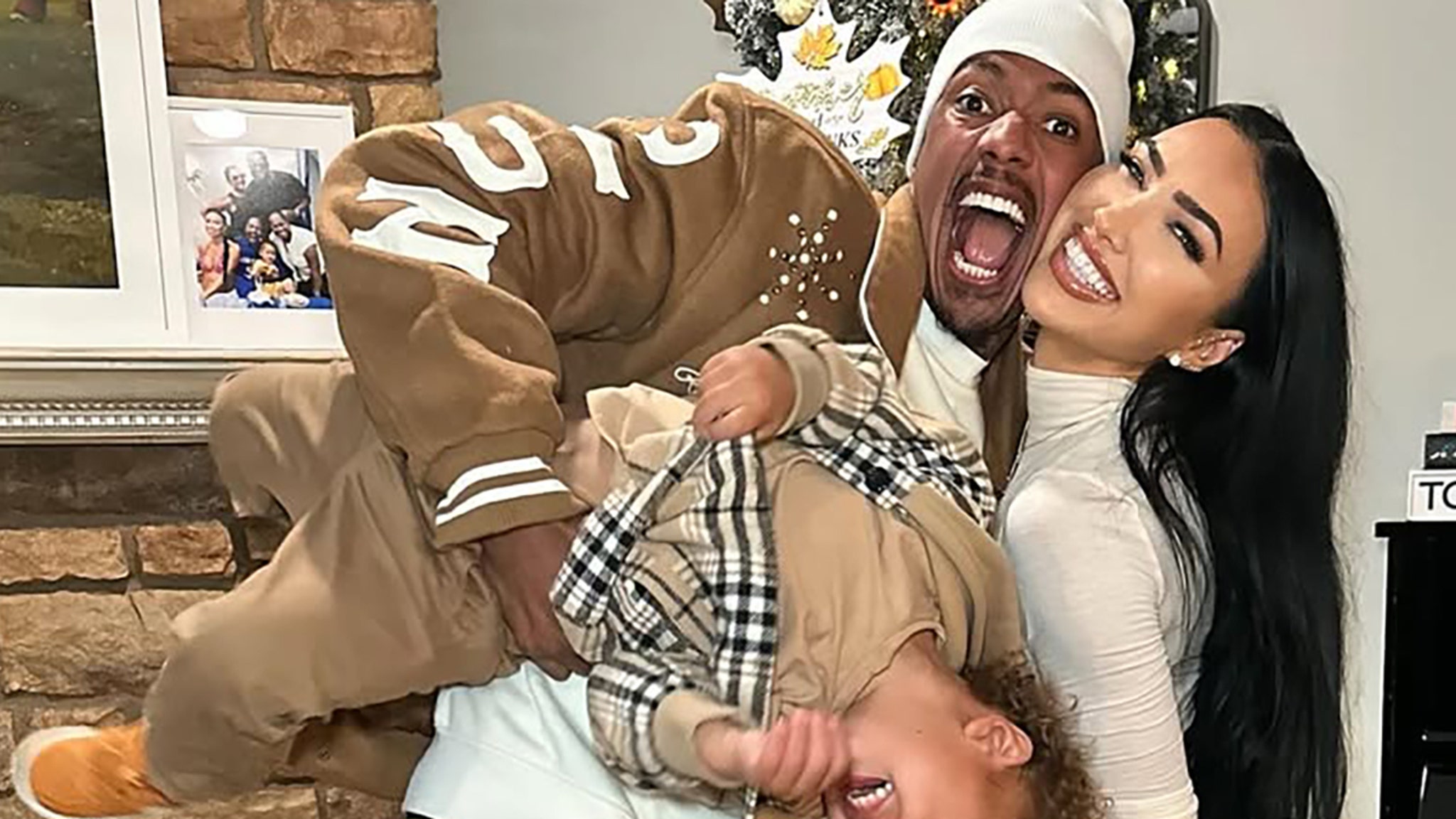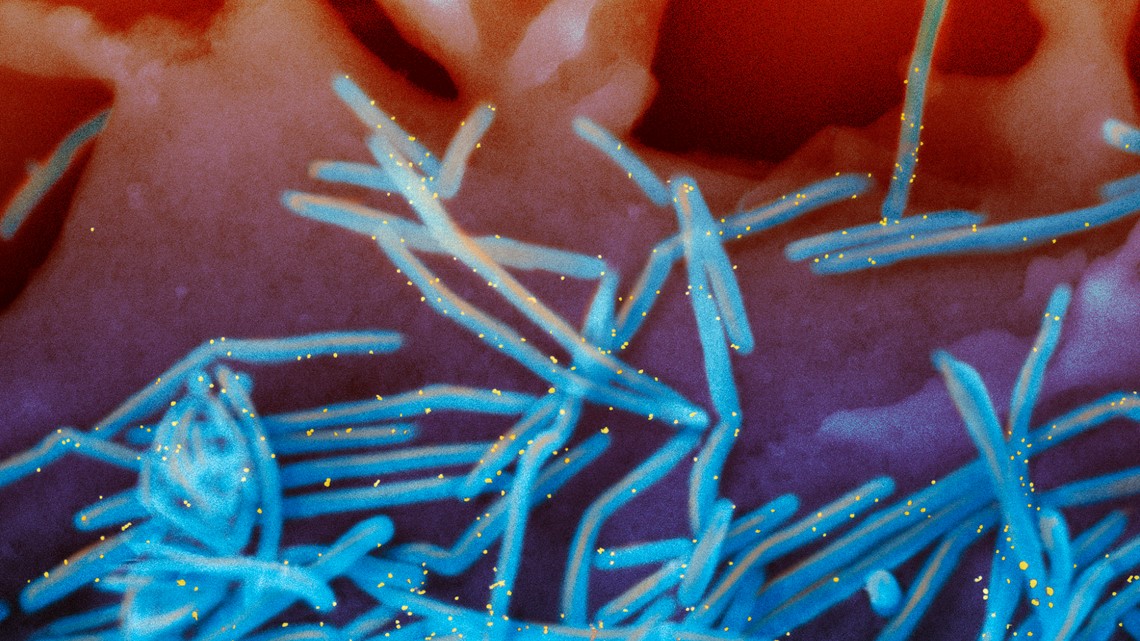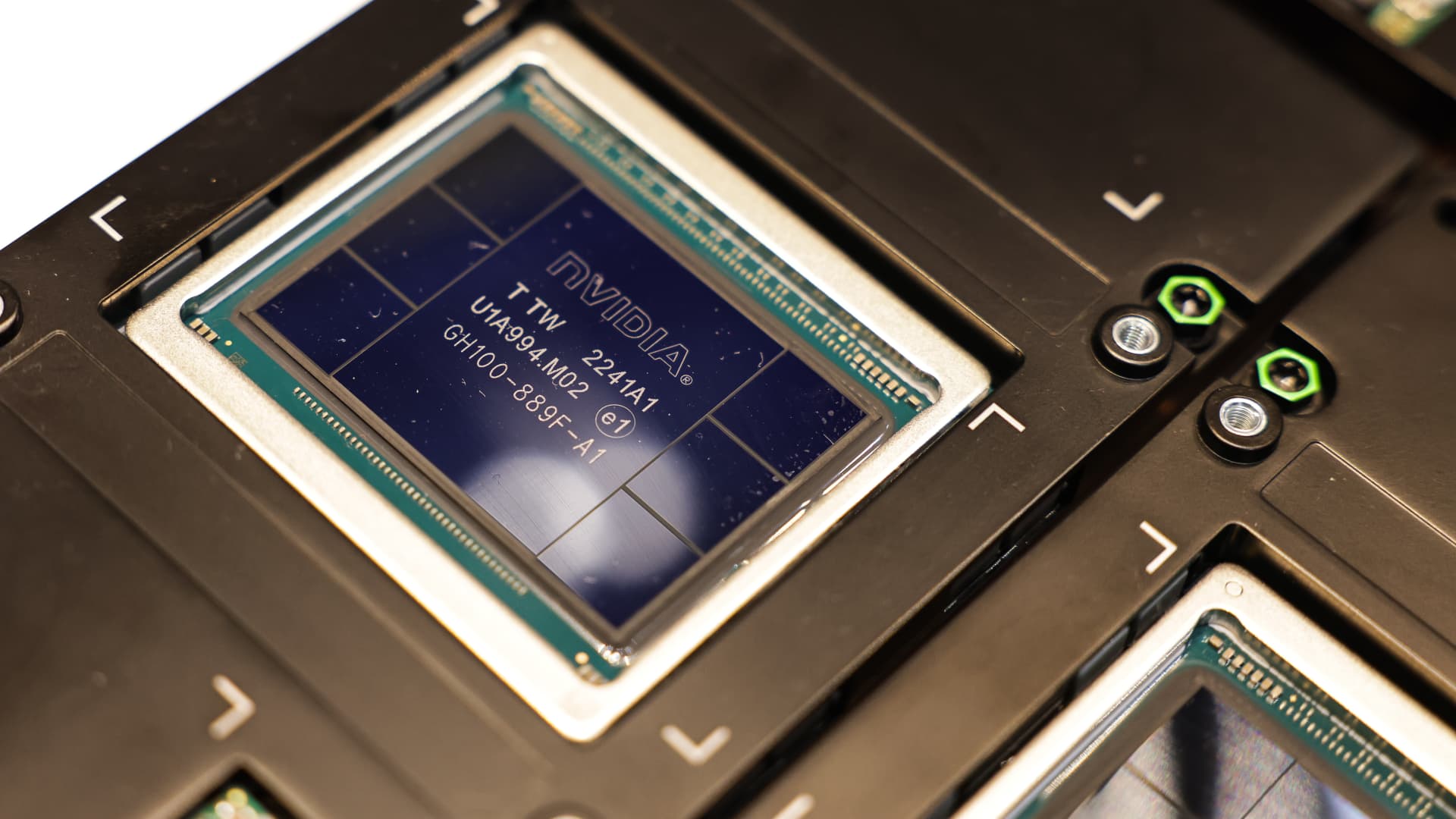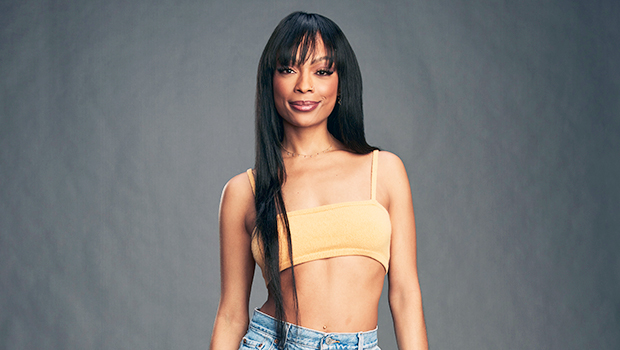Demi says she wishes she had help when she “was 13 years old and having an eating disorder and starving myself”
Demi Lovato is encouraging teenagers to seek help for their mental health struggles.
During an appearance on TODAY, the 30-year-old “Cool For The Summer” singer opened up about her longtime battle with depression, addiction and eating disorders in order to raise awareness for Mental Health Action Day.
Getty
Demi Lovato Recalls Using Opiates For the First Time at 13, Reveals She ‘Drank a Lot’ As a Teen
View Story
“The very first time that I went to treatment was when I was 18,” the Grammy nominee explained. “I went from my eating disorder, and I went for self-harm and emotional issues. And when I came out with that experience, I was faced with the decision of either ‘keep your mouth shut and not say anything’ or ‘share your experience strength and hope with another person in hopes that it affects them in a positive way.'”
Lovato shared that the public nature of her relapses have given her the ability to speak openly about her road to recovery in hopes of helping others in the same situation.
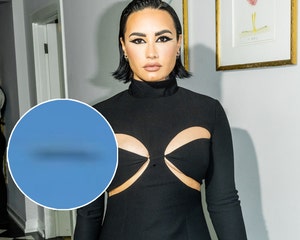
Getty / Instagram
Demi Lovato Shares Photos of Rectangular Object in the Sky, Wonders If It’s a ‘UFO’
View Story
Now, Demi is committed to being more transparent about her journey with mental health.
“I wanted to help others,” she said, before admitting she wished she had more support when she was a kid. “I wish that I had somebody when I was 13 years old and having an eating disorder and starving myself. I wanted somebody in the public eye to say that ‘Hey, this is what I’ve gone through, and you don’t have to choose that route.'”
“I want them to know that talking to people and asking for help is more than OK and is absolutely what you should do,” Lovato stated.
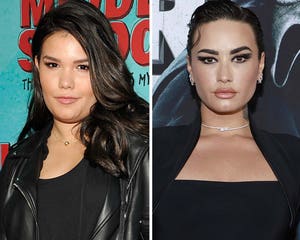
Getty
Demi Lovato’s Sister Madison De La Garza Says Finding Sobriety Saved Relationship With Mom
View Story
The Disney Channel alum recalled the pressures she felt as a child star, and revealed many of her struggles now can be traced back to the high beauty stands she was held to as a teen.
“When you’re looking at images of people with perfect bodies, you start to look at yourself, and you start to pick yourself apart, and it’s hard to grow up in a world where that’s right in front of your face and at your fingertips at all times,” the “Confident” singer said. “I grew up in a period of time where young Hollywood was very, very, very thin, and that was the look, and I think that had a really negative impact on my eating, just on my mental health, which I think fed into my eating disorder.”
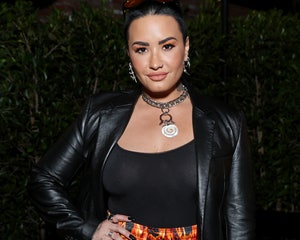
Getty
Demi Lovato Adopts She/Her Pronouns Again
View Story
Though she’s still putting in work, Lovato claimed she was in a “really good place” with her health and has used her music as an outlet.
“I don’t want to paint the façade that everything is totally perfect and fine. But I am in a really good place, and it has been kind of challenging to write a happy rock album,” she laughed. “But I’m doing it! But I have bad days. I had a bad day on Sunday. I realized that even to this day, no matter how happy I might feel and seem I’m human, and it’s okay to still struggle even when you’re in a great place.”
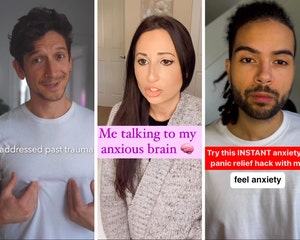
TikTok
The Rise of Mental Health Influencers: Experts and Creators Weigh In On The Power of TikTok
View Story
Resources:
If you or someone you know needs help with mental health text “STRENGTH” to the Crisis Text Line at 741-741 to be connected to a certified crisis counselor.
If you or someone you know is struggling with depression or has had thoughts of harming themselves or taking their own life, get help. The National Suicide Prevention Lifeline (1-800-273-8255) provides 24/7, free, confidential support for people in distress.
The National Sexual Assault Telephone Hotline — 800.656.HOPE (4673) — provides free, 24/7 support for those in need.
If you or someone you know is struggling with substance abuse, get help. The Substance Abuse and Mental Health Services Administration (SAMHSA) National Helpline (1-800-662-4357) provides 24/7, free, confidential support for people in distress.
If you or someone you know is struggling with an eating disorder, please contact the National Eating Disorders Association (NEDA) at 1-800-931-2237 or go to NationalEatingDisorders.org.
If you or someone you know is being bullied, here are some ways to get help: If a crime has been committed or there is immediate risk of harm call 9-1-1; To talk to an expert call 1-800-273-8255; For Spanish speakers: Call 1-888-628-9454. For deaf/hard of hearing: Call 1-800-799-4889. Free and confidential support resources are available to you 24 hours a day, 7 days a week. You can also visit: https://www.stopbullying.gov/resources/get-help-now


